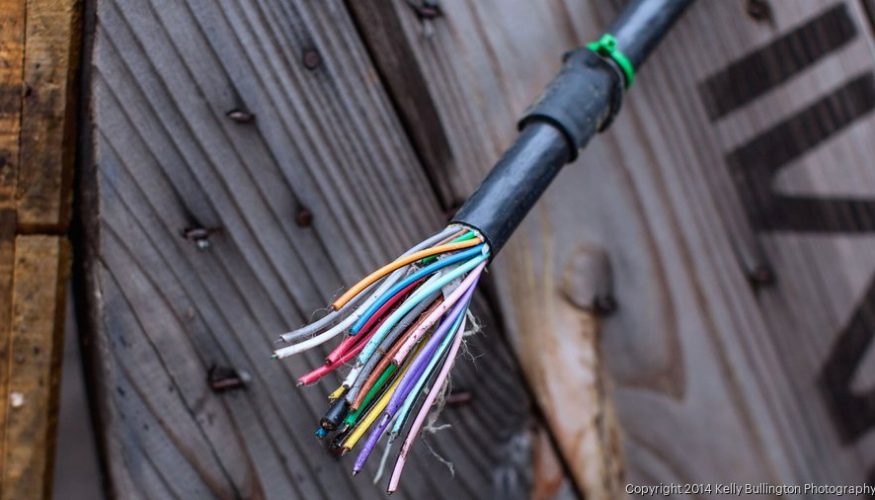Commentary: Congress must act now to ensure digital equity

By James T. Brett – President and CEO of The New England Council, Boston Business Journal
In our 21st century modern society, the importance of high-speed internet for every individual and household cannot be understated. Internet access enables people to job search and to engage in remote work. It enables students of all ages to access remote learning to prepare for the jobs of the future. And it expands access to quality and affordable healthcare through telehealth. Simply put, high-speed internet access is a vital lifeline that helps Americans stay connected to one another and to critical services and resources that are key to economic success and wellbeing.
Unfortunately, for far too many households, the cost of high-speed internet access is a significant barrier.
Fortunately, the Infrastructure Investment in Jobs Act of 2021 — more commonly known as the Bipartisan Infrastructure Law — authorized a program called the Affordable Connectivity Program (ACP). Administered by the Federal Communications Commission (FCC), the ACP provides a monthly subsidy of $30 for eligible households to use for broadband internet. It also provides a one-time $100 benefit toward the purchase of a tablet, laptop, or other device that facilitates internet access.
Since its launch in December 2021, the ACP has already helped more than 23 million American households gain access to affordable broadband, including nearly 370,000 here in Massachusetts, and over 800,000 across the entire New England region. But unfortunately, funding for the program is expected to run out as soon as April 2024, leaving millions of Americans in the lurch. Indeed, the program stopped accepting new applications in February 2024.
Should Congress not extend funding for the ACP, the impact on digital equity goals would be significant. This funding shortfall comes at a time when other major investments in digital equity are under way. For example, the Broadband Equity Access Deployment (BEAD) program — also born of the Infrastructure Investment and Jobs Act — will provide $42.5 billion for broadband buildout to increase access nationwide. But if the ACP runs out of funds and households cannot afford a connection in newly built out areas, the BEAD program could also be in peril.
Fortunately, in January 2024, bipartisan legislation was introduced in both the House and Senate to extend funding for the ACP. The Affordable Connectivity Program Extension Act of 2024 would infuse $7 billion into the program. The proposal has particularly strong support in the House, where there are 180 co-sponsors, including the Bay State’s own Representatives Jake Auchincloss, Stephen Lynch, Jim McGovern, Seth Moulton, Ayanna Pressley, and Lori Trahan. The Biden Administration has also called for extending ACP funding, sending Congress a supplemental request for $6 billion in October 2023.
Congress certainly has variety of complex issues to confront in the months ahead — from passing government funding, to grappling with conflicts in Ukraine and the Middle East. But extending funding for the ACP should be a no-brainer. It is imperative that we continue to work to close the digital divide in across the United States and ensure equitable internet access for all Americans. Investing in this program is an investment in our nation’s continued economic growth and wellbeing, and will no doubt have a lasting impact on millions of Americans for years to come.